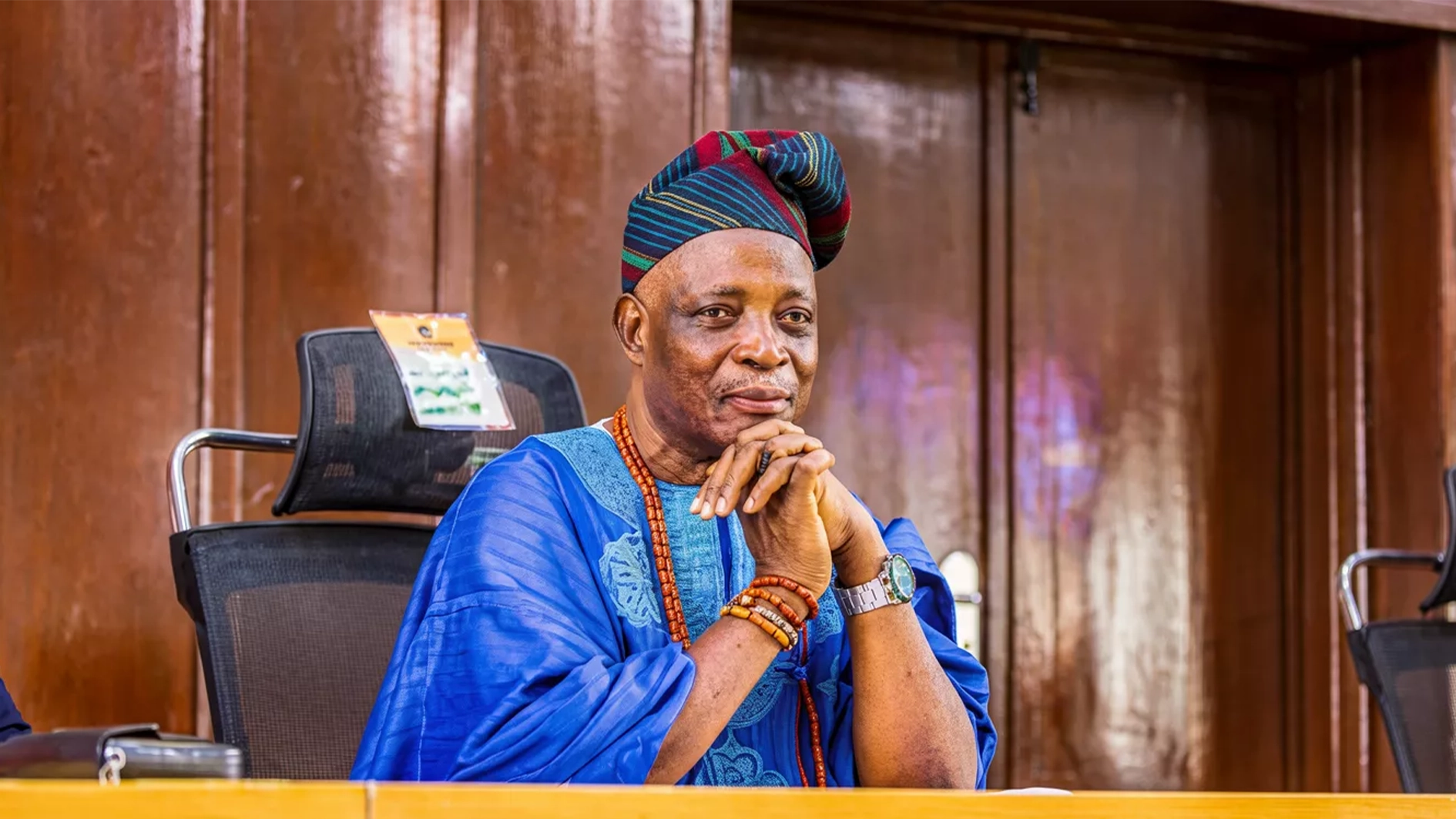
The European Union (EU) has called for stronger protections for digital rights in Nigeria while also cautioning the government against regulatory measures that infringe on citizens’ freedom of expression and access to information.
EU Programme Manager for Civil Society, Youth, and Human Rights, Wynyfred Achu-Egbuson, gave the warning on Monday in Abuja at the opening session of the training for judges and lawyers.
The training, organised under the EU-funded eRIGHTS project, is implemented by Avocats Sans Frontières France in partnership with the Centre for Information Technology and Development (CITAD) and Spaces for Change.
Achu-Egbuson maintained that digital rights are human rights and must be safeguarded in a democratic society, warning that any attempt to suppress online freedoms is a direct attack on democracy.
According to her, as digital technologies, the internet, and artificial intelligence continue to evolve, it is crucial for people to not only recognise how these advancements have reshaped fundamental human rights such as freedom of expression and access to information but also to understand that they have given rise to new rights.
Achu-Egbuson noted that while regulations are important in defining what is acceptable and what is not, in creating these regulations, “governments must understand that these regulations should not… must not infringe on the rights of citizens to express themselves and/or access information.”
She said, “In the last five years, Nigerians have experienced a ban on Twitter, several attempts to legislate regulations that could infringe on the rights of citizens, and arrests of citizens due to their posts online, to mention a few. The line between the infringement of digital rights and preventing the misuse of the internet remains blurred to people who do not understand how digital rights are human rights and how governments can regulate the space without infringing on rights.
“However, sessions and events of this nature enhance the understanding of what other parts of the world are doing and review what is being done in Nigeria to determine whether it is fit for purpose or if there are needs for adjustments and how these adjustments can be made.
“In the two years of its implementation, Avocats Sans Frontières, Spaces for Change, and CITAD have engaged key stakeholders in the regulatory agencies and judiciary, provided training to different groups of stakeholders, raised awareness, supported activists to develop digital resilience through digital security training, raised awareness among secondary school students on digital rights, and launched a digital rights learning platform that is accessible to all.”
On his part, the Executive Director of CITAD, Dr. Yunusa Zakari Yau, lamented that despite numerous interventions, rights violations in Nigeria’s digital space remain a concern.
While expressing concerns over the increasing arrests of citizens over online posts, he called on the legal community to take decisive action against rights violations.
He said, “We continue to see citizens detained simply for expressing their opinions electronically. This should not happen in a democracy. Our political leadership is failing to respect the Constitution and uphold democratic principles. The foundation of any democracy is the ability of citizens to freely express themselves, whether online or offline.
“We expect judges to deliver judgments that uphold digital rights, and we expect lawyers to prosecute violations vigorously. But beyond the legal community, the wider citizenry must also be aware of their rights. A democracy cannot thrive if people fear expressing their opinions online.
“So governments themselves need to understand that digital technology is not just about the economic transformation of the country but that the very foundation of transformation lies in the ability of citizens to use it. If citizens don’t use it, it cannot transform the country. And citizens cannot use it when they feel it is not a safe place.”
President of the Nigerian Bar Association, Mazi Afam Osigwe, represented by the Assistant General Secretary of the association, Henry Barnabas Ehi, said the legal community must deepen its understanding of digital rights to effectively advocate for them.
While noting that digital rights remain a developing area of law, Ehi maintained that they are crucial in today’s world.
“As lawyers, we must first understand these rights ourselves before we can champion them. Judges, too, need to be well-versed in digital rights so they can make informed rulings when such cases come before them.
“For every right, there are always restrictions. What we need is a balance—one that protects national interests without trampling on citizens’ freedoms,” he stated.






